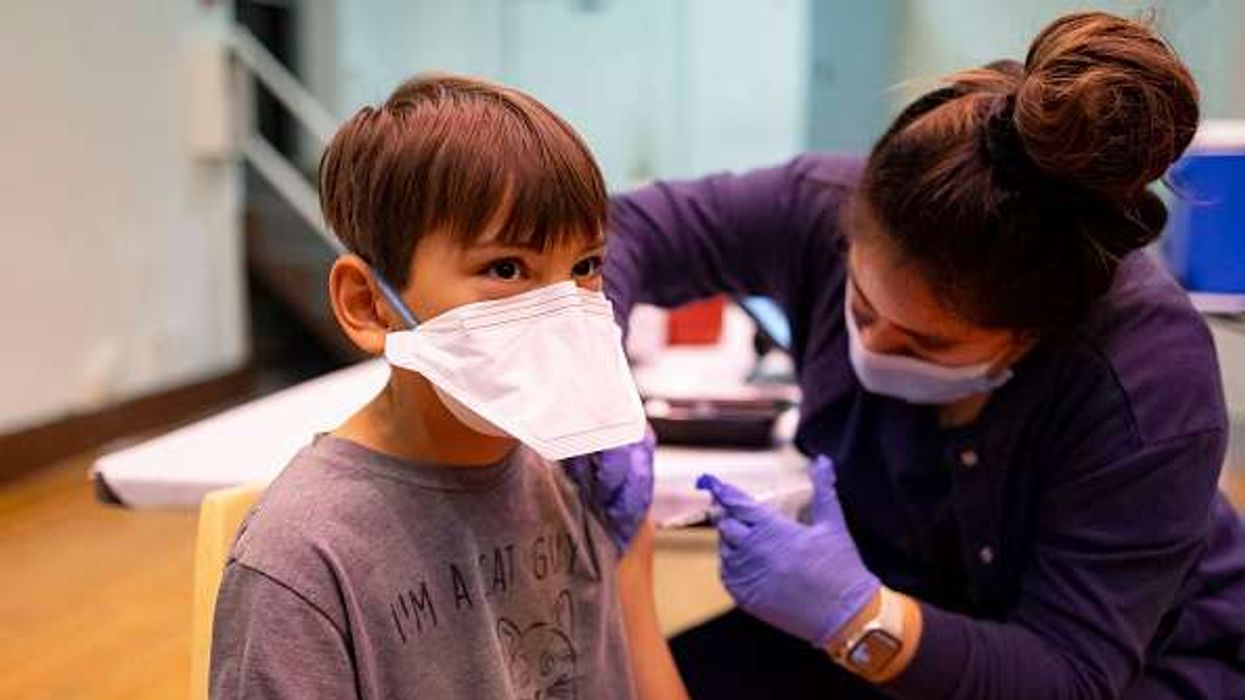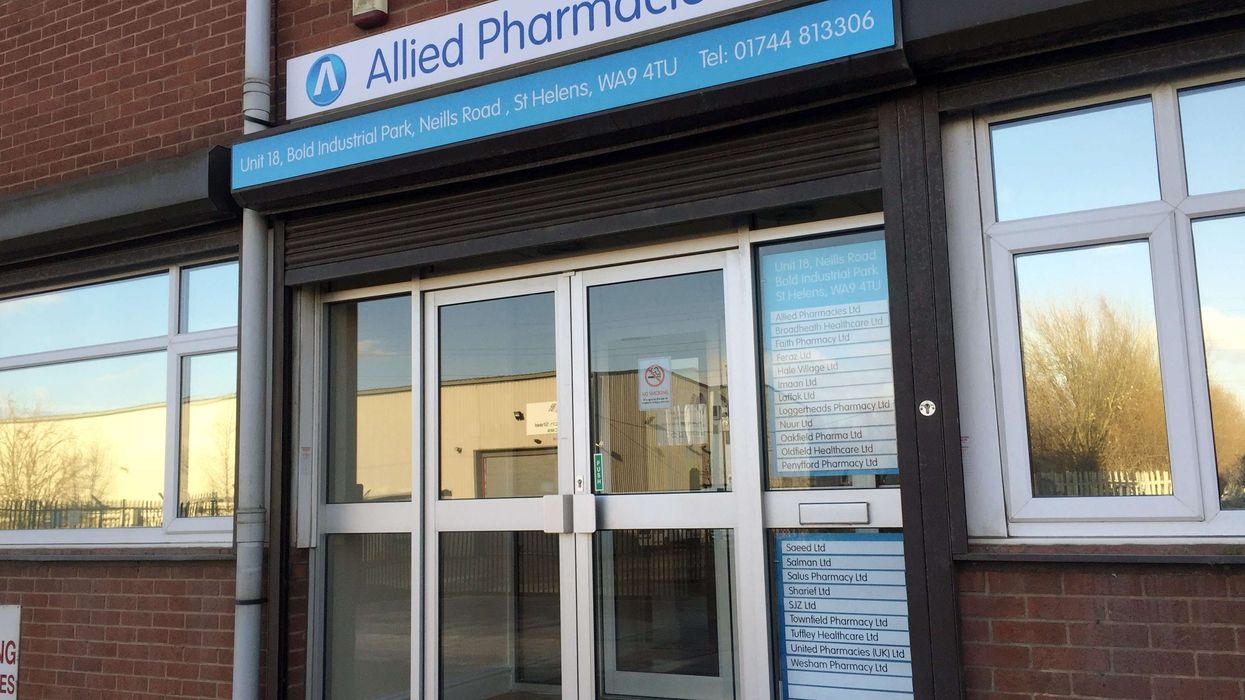Heroin or morphine has been the cause for over half of the total drug related deaths reported in Scotland last year, latest official data revealed on Tuesday (December 15).
There were 645 heroin related deaths, more than in any previous year and 51 per cent of the total drug related deaths recorded in the country last year.
Total drug-related deaths in Scotland moved up by six per cent in 2019.
The National Records of Scotland figures showed that there were 1,264 deaths, an increase of 77 on 2018 and the highest figure on record. However, the increase in drug-related deaths last year was significantly lower than the 27 per cent reported in 2018.
The latest data was the highest ever recorded and more than double that of ten years earlier with 545 deaths in 2009.
Males accounted for 69 per cent of the drug-related deaths in 2019, a similar proportion to recent years. The median age of drug-related deaths has increased from 28 to 42 over the last 20 years.
In 2019, over two-thirds (68 per cent) of all drug-related deaths were of people aged between 35 and 54.
There was also an increase in 15-24 year old drug-related deaths, from 64 in 2018 to 76 in 2019.
Of the 1,264 drug-related deaths in 2019, these substances were implicated in, or potentially contributed to, the cause of the following numbers of deaths:
- Heroin or morphine 645 deaths, more than in any previous year and 51 per cent of the total
- Methadone 560 deaths, same as in 2018 (44 per cent)
- One or more opioids including heroin or morphine and methadone 1,092 deaths, more than in any previous year (86 per cent)
- Street’ benzodiazepines such as etizolam caused for 814 deaths, more than in any previous year (64 per cent)
- Prescribable benzodiazepines such as diazepam 195 deaths
- Gabapentin or pregabalin 438 deaths, more than in any previous year (35 per cent), and
- Cocaine 365 deaths, more than in any previous year 29 per cent
Around 94 per cent of all drug-related deaths were of people who took more than one substance.
Scottish Public Health minister, Joe FitzPatrick, said: “…These deaths stem from a longstanding and complex set of challenges, and there is no shortcut that will suddenly solve this. There is, however, action that we are taking right now that will have an impact more immediately, such as maximising the availability of Naloxone and the routes by which it can be supplied.
“Our work to introduce Medication Assisted Treatment standards is one of the most significant changes to the way in which treatment services operate. Furthermore, we have seen the introduction of a range of new and innovative approaches, including Scotland’s first heroin assisted treatment service in Glasgow.
“We will continue to work with the Taskforce and other partners to identify and put in place measures to tackle this issue and save lives. We also continue to urge the UK government to take action to change the law so that overdose prevention facilities can be established as quickly as possible, either by taking the necessary steps themselves or by devolving powers to Scotland.”











